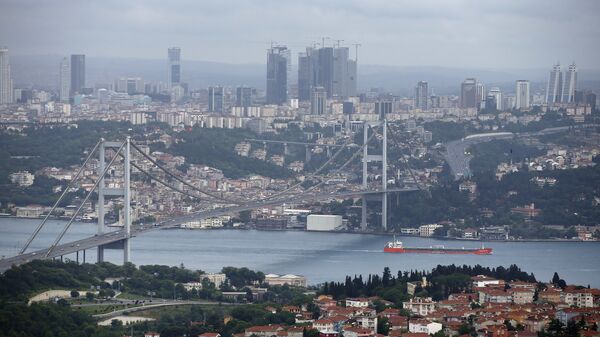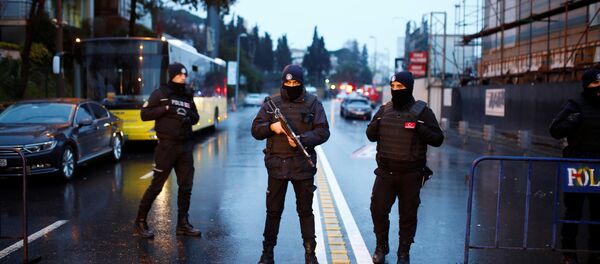"This step aims to present that [Syrian President Bashar] Assad, Russia and possibly Iran as war criminals. But Turkey is not interested in it, as contrasted with the United States and other members of the coalition. Of course, Turkey should consider the issue of the use of chemical weapons very carefully," Pekin said, speaking about the anti-Russia rally in Istanbul.
He added that Ankara should focus on preservation of Syria's territorial integrity instead of backing the US-led coalition.
In January, Assad told the Japanese TBS broadcaster that the Syrian government did not use weapons of mass destruction, including chemical weapons, against own people.
Following a chemical attack in Syria's East Ghouta in 2013, Damascus joined the Convention on the Prohibition of Chemical Weapons. This was the result of an accord between Moscow and Washington on the destruction of chemical weapons in the country under the control of the Organisation for the Prohibition of Chemical Weapons (OPCW) and stopped the US military intervention in Syria. In January 2016, the OPCW announced that all chemical weapons in Syria had been destroyed.
However, in June 2016, the US State Department released a report stating that Syria continued to use chemical substances against citizens, and can also stockpile chemical weapons. UN High Representative for Disarmament Affairs, Kim Won-soo, said that the experts from the OPCW and the United Nations still can not confirm the complete destruction of chemical weapons production facilities in Syria.



